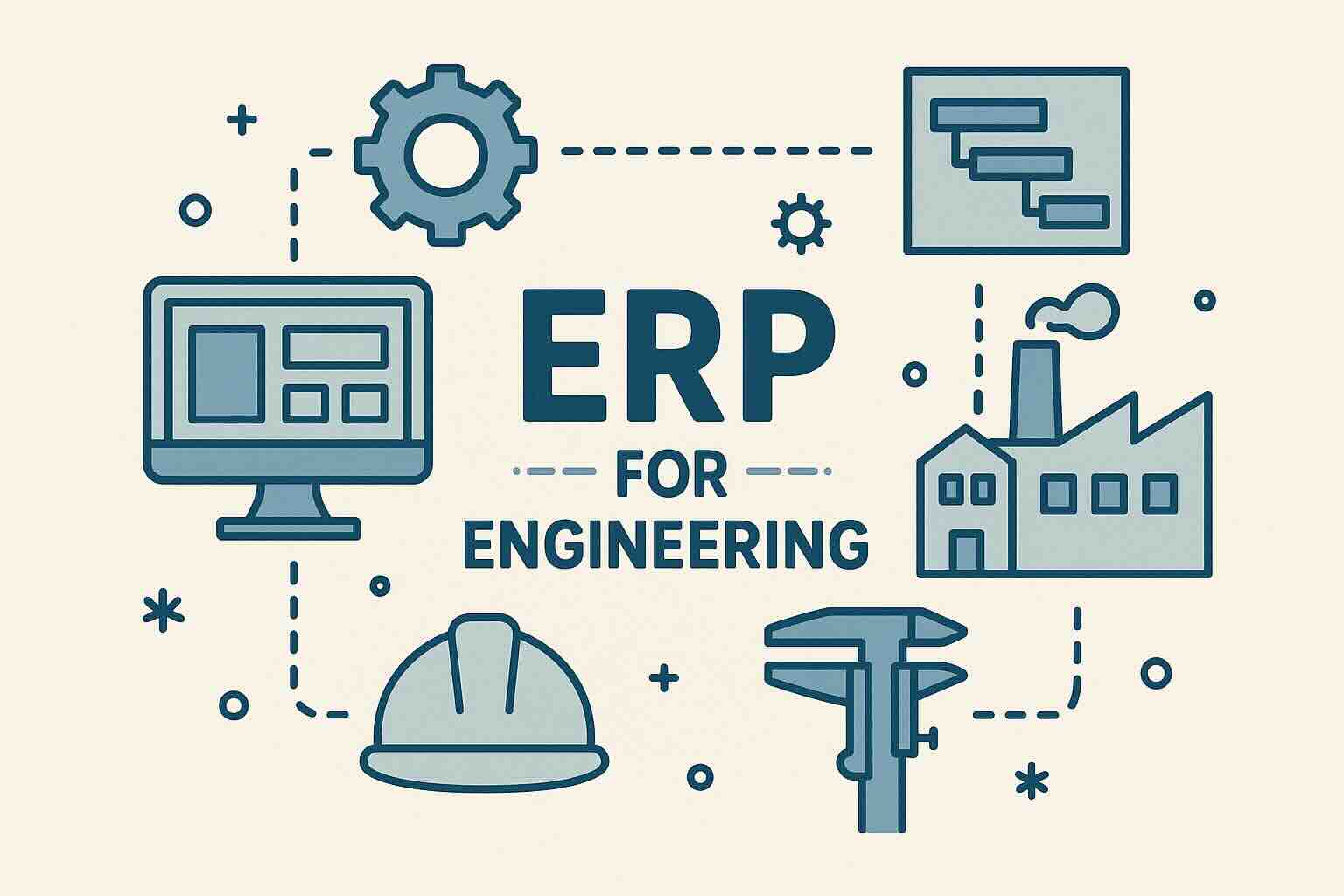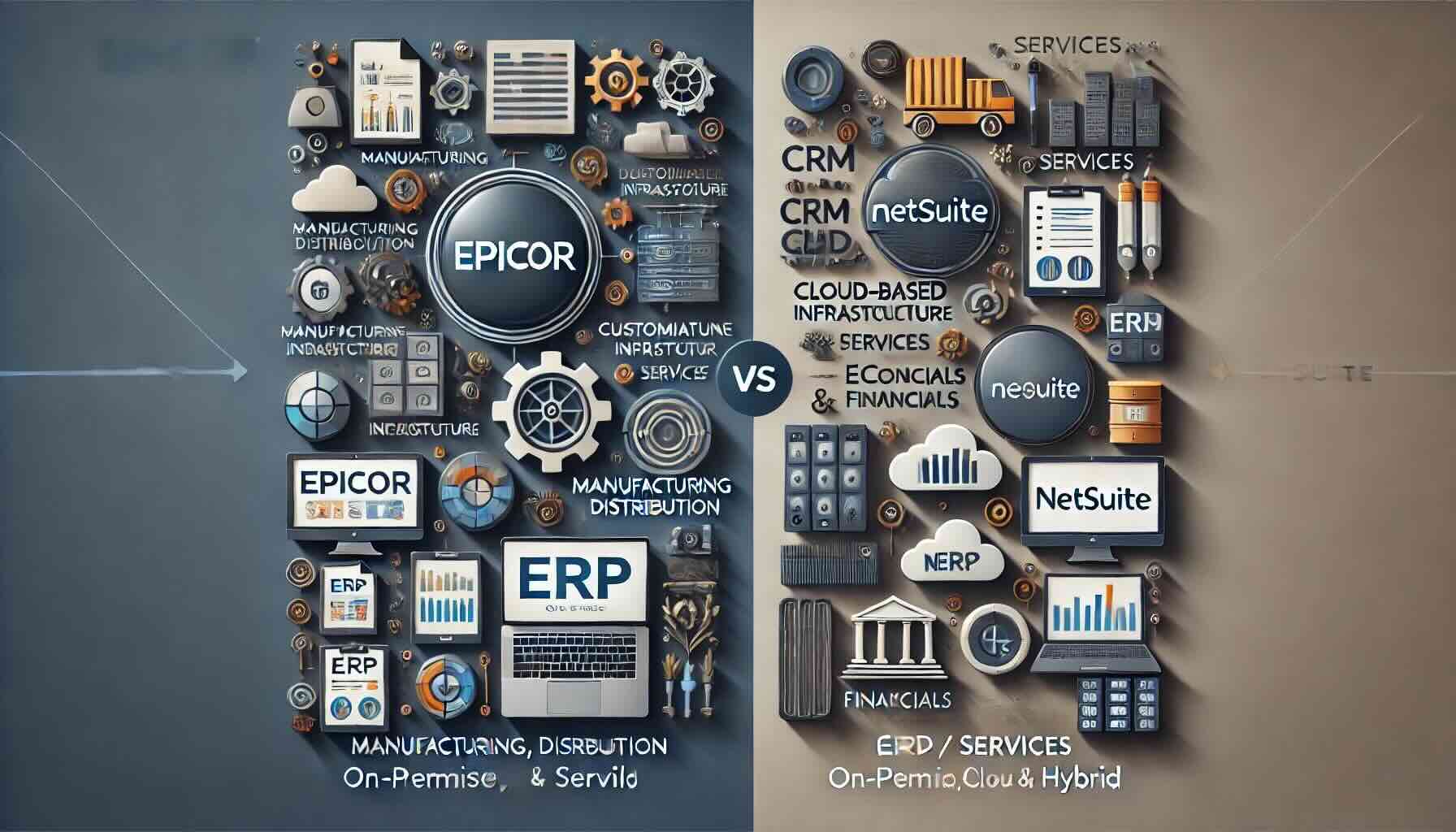Is Odoo a Good ERP for Real Estate and Property Businesses?

In the dynamic and competitive world of real estate and property management, efficient resource management, seamless communication, and robust financial oversight are crucial for success. Enterprise Resource Planning (ERP) systems play a vital role in integrating these processes, ensuring smooth operations and enhanced productivity. One such ERP solution is Odoo. But is Odoo a good ERP for real estate and property businesses? This blog will explore the strengths and weaknesses of Odoo ERP, helping you determine if it is the right fit for your business.
Strengths of Odoo for Real Estate and Property
- Comprehensive FunctionalityOdoo offers a wide range of modules that can be tailored to the needs of real estate and property management businesses. From customer relationship management (CRM) and accounting to project management and human resources, Odoo provides a comprehensive suite of tools that can streamline various business processes.
- Customization and FlexibilityOne of the standout features of Odoo is its high level of customization and flexibility. Businesses can choose from a variety of modules and customize them to fit their specific needs. This modular approach allows real estate companies to build a tailored ERP system that meets their unique operational requirements.
- Cost-Effective SolutionAs an open-source ERP, Odoo is a cost-effective solution, particularly for small to mid-sized businesses. The initial setup and ongoing maintenance costs are relatively low compared to other ERP systems, making it accessible for businesses with limited budgets.
- User-Friendly InterfaceOdoo’s user-friendly interface makes it easy for employees to learn and use. The intuitive design reduces the learning curve, allowing staff to quickly adopt the system and improve productivity. This ease of use is particularly beneficial in real estate, where employees may not have extensive technical expertise.
- Integration CapabilitiesOdoo offers robust integration capabilities with other software systems commonly used in the real estate industry, such as property management software, marketing tools, and financial applications. This seamless integration ensures a unified workflow and enhances overall operational efficiency.
Weaknesses of Odoo for Real Estate and Property
- Limited Advanced FeaturesWhile Odoo offers a wide range of modules, it may lack some advanced features required by larger real estate firms. For example, complex property management functions or advanced analytics may not be as robust as those offered by industry-specific ERP systems.
- Customization CostsAlthough Odoo is highly customizable, extensive customization may require additional time and financial investment. Businesses with specific and complex needs might incur higher costs to tailor the system to their exact requirements.
- Support and MaintenanceBeing an open-source solution, Odoo relies heavily on community support. While there are professional support options available, they come at an additional cost. Smaller businesses may find it challenging to get timely support without opting for paid support plans.
- Implementation ComplexityImplementing Odoo can be complex, particularly for businesses that require significant customization. The process often requires dedicated IT resources and potentially, the assistance of external consultants. This complexity can delay the realization of benefits.
- Scalability ConcernsWhile Odoo is suitable for small to mid-sized businesses, very large real estate firms with extensive operations might face scalability issues. As the business grows, the system might require additional resources and upgrades to handle increased data and user loads effectively.
Conclusion
Odoo ERP offers a range of powerful tools that can significantly benefit real estate and property management businesses. Its comprehensive functionality, customization options, cost-effectiveness, user-friendly interface, and integration capabilities make it an attractive option for many companies in this sector.
However, the system also presents challenges, such as limited advanced features, potential customization costs, reliance on community support, implementation complexity, and scalability concerns. Real estate businesses must weigh these factors carefully against their specific needs and resources.
Ultimately, whether Odoo is the right choice for a real estate or property business depends on its size, budget, and operational requirements. By thoroughly evaluating these aspects and considering potential challenges, real estate companies can make an informed decision that aligns with their strategic goals and enhances their operational efficiency.
Click this link to find out more about Odoo for real estate and property.
To compare Odoo with 100s of other ERP solutions, you can use our new AI-powered Compare ERP tool. It’s free to use and you get a guaranteed discount on your first year’s licence fees with a referral from Compare ERP.









